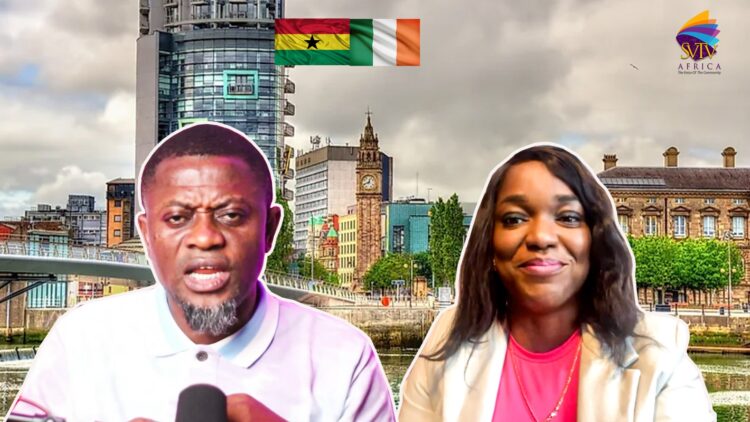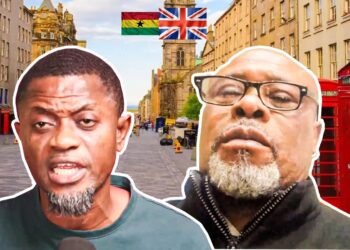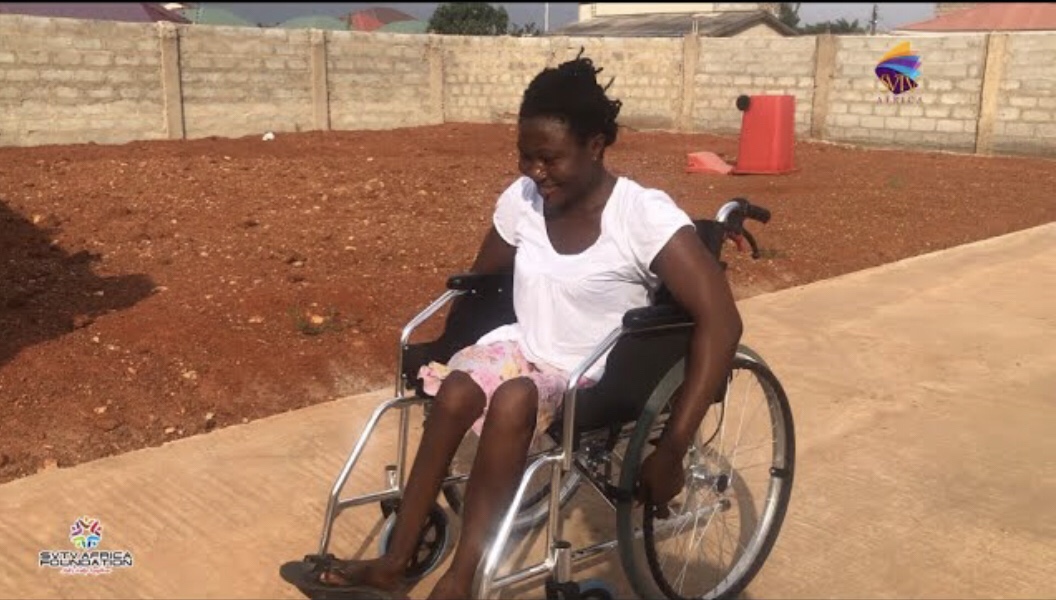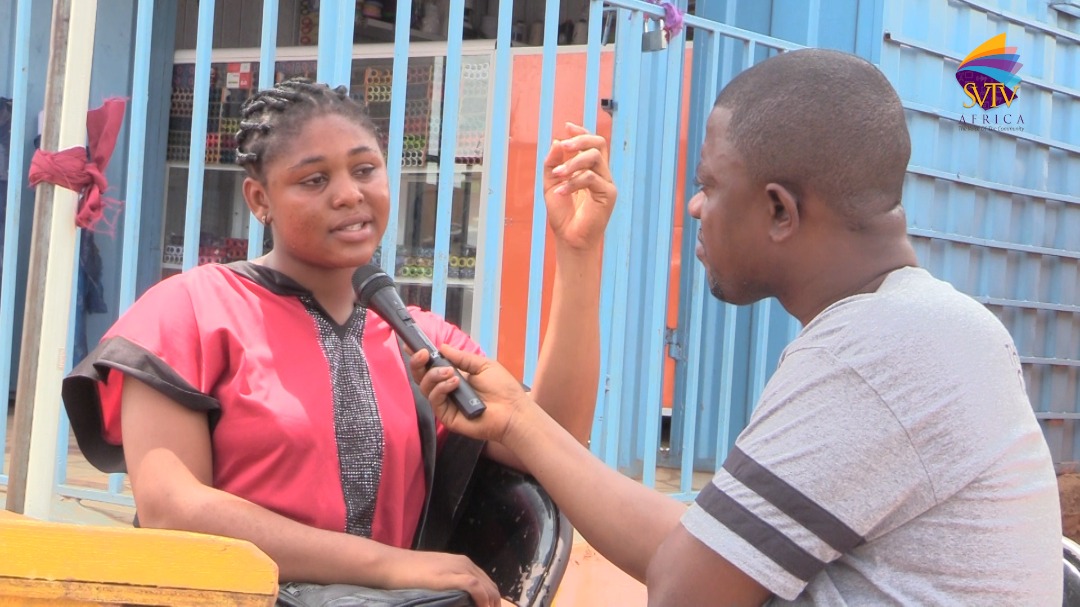Abigail, a Ghanaian currently living in Ireland, has opened up about her migration journey across Europe and the challenges she’s faced as a black woman navigating life, love, and career abroad. Born and raised in Asafo, Kumasi, Abigail’s father was an accountant who settled in Feyiase. She studied at the University of Education, Winneba, trained as a teacher in the arts, and completed her service at Mampong Nkwanta Primary School. After working briefly at Ghafeco Senior High, she got married in 2014 — a decision that took her to Italy.
Although she had always visited Europe frequently before, moving permanently was a different experience. She settled in Molfetta, near Naples, Italy. Her dream was to further her education, but tuition costs were extremely high, and job opportunities were scarce.
“I wanted to go to school, but the fees were too expensive. Most of the jobs were part-time cleaning roles that paid just €6 to €10 per hour. It wasn’t sustainable,” she said.
Determined to adapt, Abigail enrolled in Italian language school and tried to find ways to grow. She had married a white man, though she says if a Ghanaian had asked her out then, she would have accepted. “At the time, I was very quiet and timid. Marriage and traveling helped build my confidence.”
Before moving, Abigail had worked with Project Abroad as an assistant medical supervisor, helping with international volunteers. One of the white volunteers stayed in touch, visited her in Ghana several times, and later became her husband. However, their marriage faced several challenges, especially after his family moved into their home. “At first, it was just the two of us. But after I gave birth, his mother, brother, and father moved in. That’s when the problems started.”
She endured racism and emotional abuse, especially from her in-laws who had never traveled before.
“They’d make comments like ‘she’s married in Ghana,’ or mockingly say ‘blacks live on trees.’ Once, when I used the bathroom, they said the toilet bowl wasn’t for drinking.” Abigail eventually left the house after being emotionally and mentally drained.
From there, she moved to Spain for three years but still couldn’t find stable work. “The cost of living was high and language was a major barrier. They won’t even hire you if you don’t speak Spanish. I stayed for three years, but I couldn’t build anything there.”
Eventually, she moved to Ireland — a decision she says she doesn’t regret. “In just three years, I’ve achieved more in Ireland than I ever did in Italy or Spain. Ireland gives people opportunities,” she said. She started as a healthcare assistant through free training programs. Health care is free with proper documentation, and she’s now about to begin nursing school — also for free.
Aside from nursing, Abigail is building digital skills. “I do printing, website design, and other digital services. I wanted something I could rely on when I retire,” she explained. “Opportunities are endless here. Many Ghanaians here are doing well — they’re doctors, nurses, into real estate. Unlike Italy or Spain, I never met a Ghanaian doctor there.”
Although life in Ireland is better, it’s still expensive. “I pay €1,400 for a four-bedroom apartment in Dublin. That was the average when I came, but rent has gone up to €1,800+ now. Nannies are also expensive, and raising children without family here is tough.”
She now lives with her new husband and co-parents peacefully with her ex, with whom she has a child. “We are still friends, and we communicate well. I’ve seen divorced couples live together in Italy — for the sake of the child.”
Despite living abroad, Abigail still dreams of Ghana.
“I see people doing well in Ghana. There are opportunities now, especially with AI. I almost returned to Ghana recently. I want to create a platform to teach Ghanaians how to use ChatGPT and AI to earn money and explore their curiosity. People say things like ‘I didn’t go to school,’ or ‘I don’t have a good phone,’ but those are just excuses.”
Her message is clear: “Don’t be dependent on a man. Don’t let fear or shyness stop you. Invest in yourself, upgrade your skills, and build a future you’ll be proud of—whether in Ghana or abroad.

















